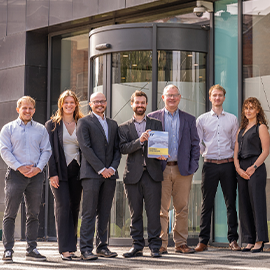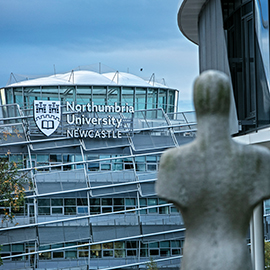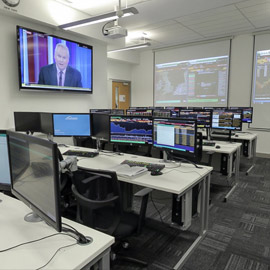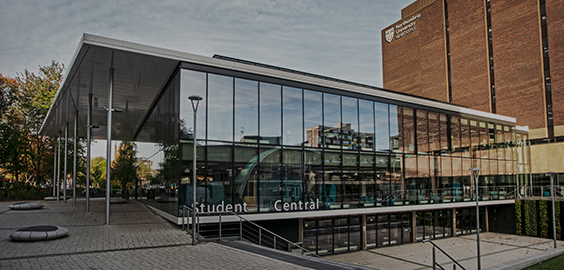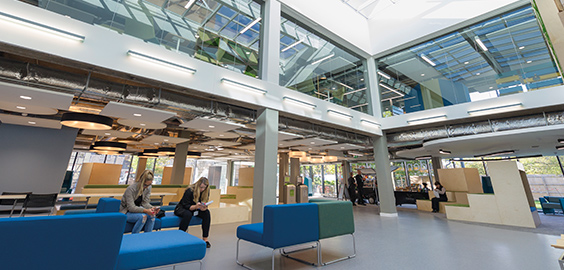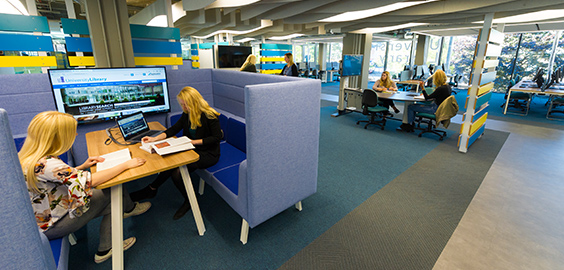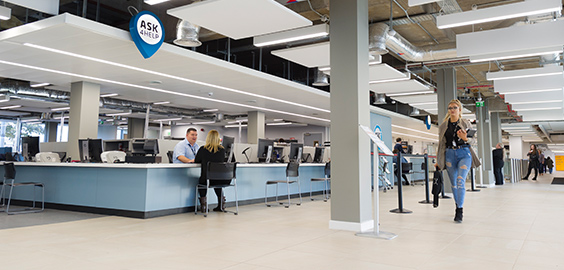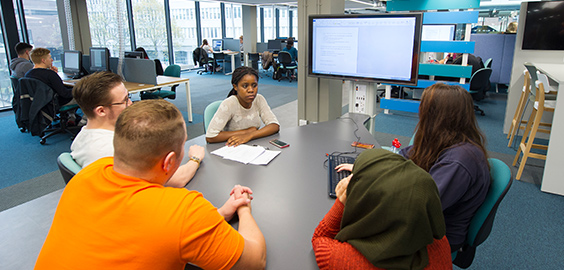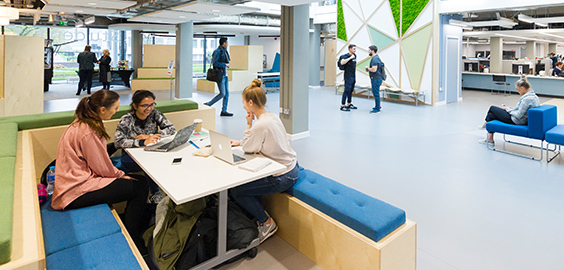Top-up your existing qualification to an honour’s degree, whilst benefiting from all that Northumbria University has to offer. 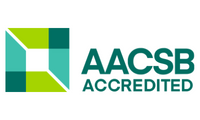
This course has been designed to help you achieve an ideal balance between a broad understanding of business and specialist knowledge in international tourism, hospitality, and events within a global context. The course aims to equip students with a wide range of professional and managerial skills essential within the dynamic tourism, hospitality, and events sectors.
The course includes specialist modules that cover innovation and entrepreneurship in international tourism, hospitality, and event managers, as well as addressing the global challenges and future of tourism. There is also a module on international hospitality management, which will give you a wider perspective on operational practices and strategic decision-making processes.
You will be supported to develop your skills in critical thinking and writing techniques during the course of the year with core modules which focus on employability, and contemporary business issues. During these modules you will develop personal applications, CVs, and cover letters as part of overall career planning to promote future employability. You will be asked to prepare an independent review of the literature on a contemporary business issue of your choice (discipline specific), which will develop independent thinking and learning, whilst applying knowledge to specific business issues.
The relevance, rigour, and internationalisation of this course are set to meet some of the highest accreditation levels; there is ample support for you to develop the required academic study skills. Whatever your background, we will assist you in adopting the more critical and research-informed approach needed for an honours degree at a UK university.
Northumbria is the only university in the North East of England to be recognised as a Centre of Excellence by the Institute of Travel and Tourism, which is the UK’s professional body for the travel and tourism industry.
Why choose Northumbria to study International Tourism, Hospitality and Events?
Top University - Tourism, Transport, Travel & Heritage Studies is ranked in the top 15 in the UK by the Complete University Guide for 2026
Accredited Course - This course is covered by the prestigious Association to Advance Collegiate Schools of Business (AACSB) accreditation for Newcastle Business School. According to AACSB, “Approximately 6% of the world's schools offering business degree education have achieved AACSB accreditation, demonstrating a commitment to high-quality, rigorous standards, innovation, and continuous process improvement”. Read more about our 'double' AACSB Accreditation.
 Option for Placement Year
Option for Placement Year Option for Study Abroad
Option for Study Abroad




